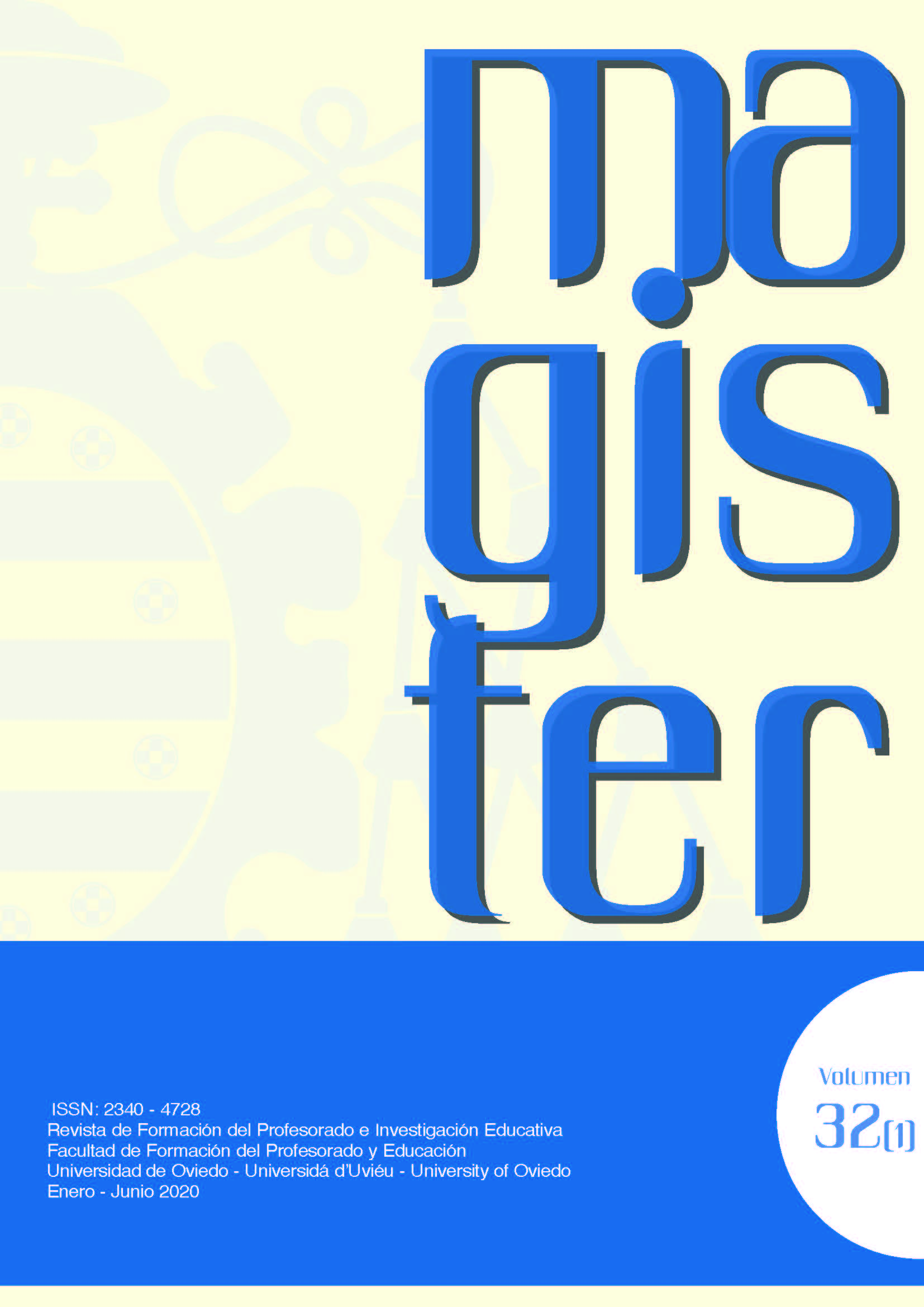Abstract
The situation generated by the pandemic declared in March 2020 led to a transformation of education developed in face-to-face contexts to virtual. Here is a design experience with future teachers of Preschool and Primary Education whose objective is to develop comics as a teaching resource. For this, the students are distributed in pairs and make a comic to introduce, explain or reinforce the selected mathematical content. The experimentation carried out shows as a result a variety of contexts, often relating them to other subjects such as history. Furthermore, student motivation increased compared to the usual way of working. All this, together with the ability of students to abstract when working mathematics from the comic, makes this resource a useful one to keep in mind in mathematics classrooms.References
Alsina, A. (2010). La pirámide de la Educación Matemática. Una herramienta para ayudar a desarrollar la competencia matemática. Aula de Innovación Educativa, 189, 12-16.
Bartual R. (2013). Narraciones gráficas. Del códice medieval al cómic. Madrid: Factor crítico.
Cáceres, M.J., Chamoso, J.M. y Azcárate, P. (2010): Analysis of the revisions that pre-service teachers of Mathematics make of their own project included in their learning portfolio. Teaching and Teacher Education 26(5), 1186-1195.
González, J.L. y Fernández de Simón, F. (2018). Relación entre cómic y enunciado matemático. Estudio y caso práctico. Revista Digital Matemática e Internet 18(1), 1-15.
Morales, R. y Villa, C. (2019). Juegos de rol para la enseñanza de las matemáticas. Education in the Knowledge Society, 20, 1-13.
Muñoz, J., Fernández, A., y Redondo, A. (2011). Leer en matemáticas. Revista Clave 21. Reflexiones y experiencias en educación, 1-33. N.C.T.M. (2000). Principles and Standards for School Mathematics. Virginia: Reston, NCTM.
Pons, Á. (2017). La cárcel de papel. Diario de un lector de tebeos (2002-2016). Madrid: Confluencias.
Sánchez, B., Rodríguez M.M., Cáceres, M.J., Manzanares, J. y Chamoso, J.M. (2016). Una plataforma virtual con soporte Moodle para mejorar la formación de maestros de matemáticas. Comunicación presentada en el XIII Congreso Regional de Matemáticas, Ávila, España.
Valbuena, S., Conde, R. y Ortiz, J. (2018). La Investigación en educación matemática y Práctica Pedagógica, perspectiva de licenciados en Matemáticas en formación. Revista Educación y Humanismo, 20(34), 201-215.

